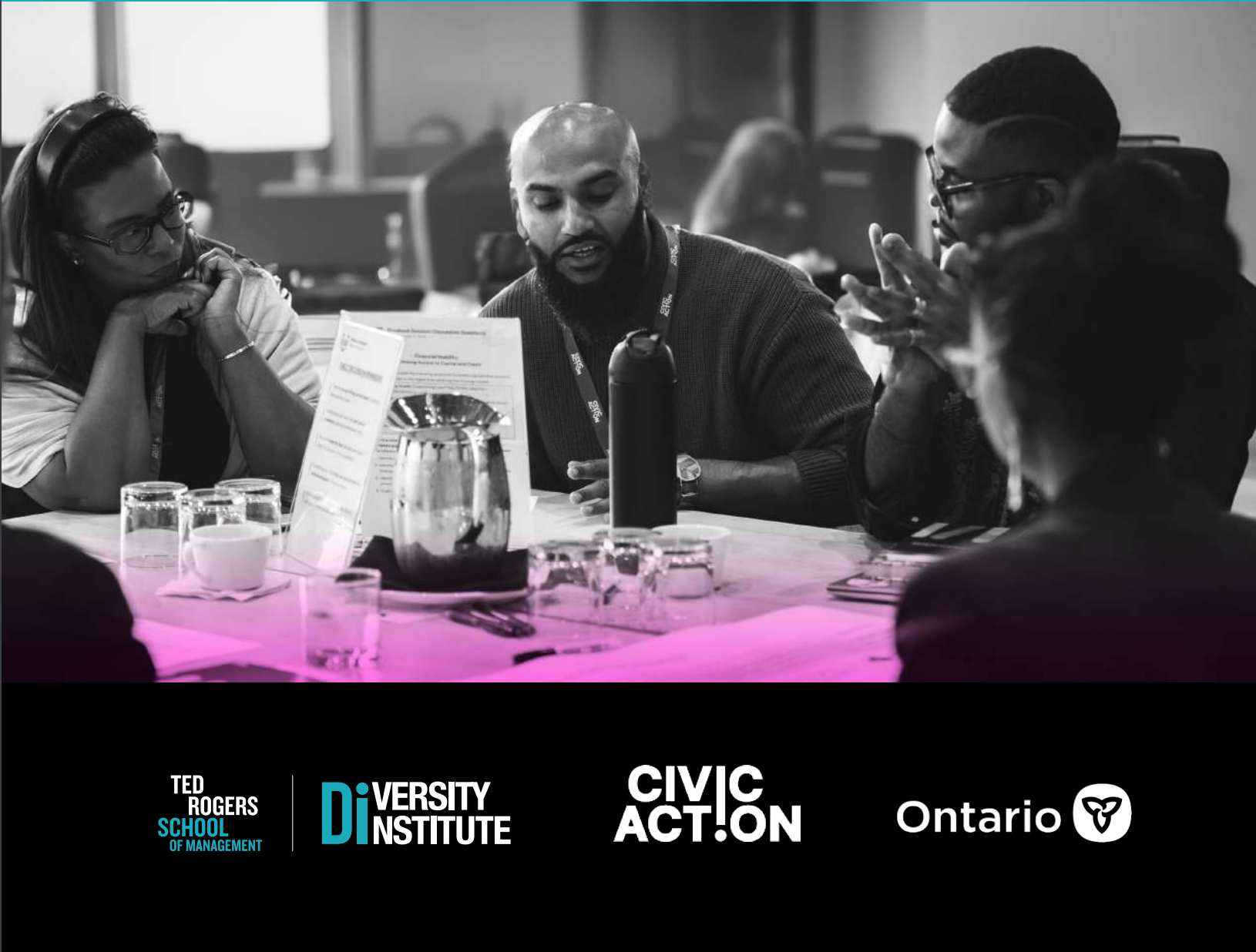Unpacking Diversity in Ontario's Non-profit Leadership: Key Insights
I just finished delving into this thought-provoking report released by the Diversity Institute and CivicAction on "Diversity and Inclusion in Non-profit Leadership in Ontario"
🌟 What's Inside:
🔍 The report provides an in-depth analysis of the current landscape of diversity in non-profit leadership in Ontario.
🔍 It highlights significant progress in certain areas but also points out gaps, especially in representation for immigrants, racialized individuals, people with disabilities, and Indigenous Peoples in leadership roles.
🔍 A range of challenges faced by these groups in the sector are discussed, including accessibility issues and discriminatory practices.
🔍 Essential skills for success in the non-profit realm, such as adaptability and strategic problem-solving, are also emphasized.
👁️ Why It Matters to Us at Skills for Change:
I found this report particularly resonant. It reinforces our belief in the power of diversity and inclusion as catalysts for organizational growth and societal impact. Understanding these dynamics helps us to better shape our strategies and initiatives. It echoes our belief that diversity and inclusion are more than just ethical imperatives; they are key drivers of organizational growth and societal advancement. By understanding the current landscape and challenges faced by diverse leaders in non-profit sectors, we at Skills for Change can refine our strategies and initiatives. This aligns our efforts more closely with the goal of fostering an inclusive environment, enhancing the representation of diverse groups in leadership roles, and ultimately enriching our organizational culture and community impact.
📈 Applying These Insights:
Applying the insights from the report, we at Skills for Change are motivated to enhance our leadership diversity and inclusion. This commitment involves actively developing a leadership team that reflects a broad range of perspectives and backgrounds. Continuous education and training in Equity, Diversity, and Inclusion (EDI) are vital, and we're dedicated to ensuring this remains a focal point in our organization. Additionally, recognizing and addressing the unique challenges identified in the report will help us improve not just internally, but also contribute positively to the wider non-profit sector. This proactive approach is key to fostering a more inclusive, equitable, and effective organization.
For more detailed information on the report, you can access it here

